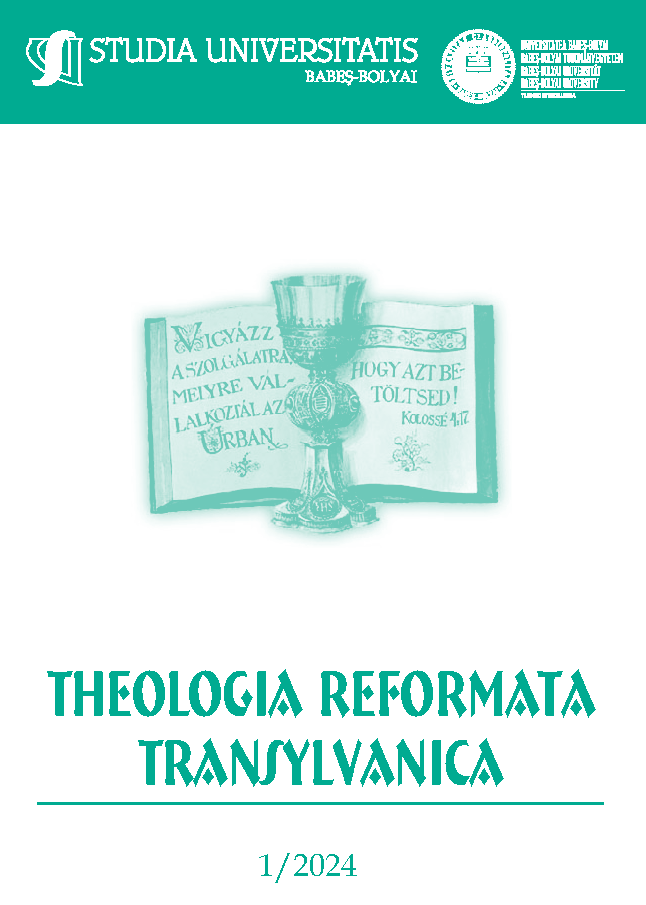ELKALLÓDÓ METAFORÁK? – AZ ÓSZÖVETSÉGI KÖLTŐI SZÖVEGEK NYELVÉSZETI-POÉTIKAI ELEMZÉSÉNEK HASZNA A TEOLÓGIAI INTERPRETÁCIÓ SZÁMÁRA
ARE METAPHORS GETTING LOST? – THE USEFULNESS OF LINGUISTIC-POETIC ANALYSIS OF OLD TESTAMENT POETIC TEXTS FOR THEOLOGICAL INTERPRETATION
Author(s): Zoltán Máthé-FarkasSubject(s): Biblical studies
Published by: Studia Universitatis Babes-Bolyai
Keywords: linguistic-poetic analysis; Walter Brueggemann; Robert Alter; trial metaphor; laboratory translation; metaphor; conceptual metaphor; background metaphor; context; Leningrad Codex; massoretes.
Summary/Abstract: Are Metaphors Getting Lost? – The Usefulness of Linguistic-Poetic Analysis of Old Testament Poetic Texts for Theological Interpretation. This paper presents an interdisciplinary experiment. The core of the experiment is to examine the Hebrew poetic text of the Old Testament through a textual analysis of its textuality prior to theological interpretation and to ask why and which linguistic-literary solutions, i.e. poetic procedures, are used in the construction of meaning. On this basis, a research design can be created that asks how linguistic-poetic analysis can help in the exegesis of Old Testament poetic texts (or of any other textual genre). Poetics is about the production of meaning: all of our verbal utterances are made with some kind of poetics or speech strategy in mind – our communications are not formulated randomly. The linguistic analysis proposed here examines not only whether a word or phrase in a particular poetic text of the Hebrew Bible is written correctly or not but also the poetic role of that phrase, word, sentence, and grammatical or other structure in the larger textual unit (i.e. the poem) under study.
Journal: Studia Universitatis Babeș - Bolyai Theologia Reformata Transylvanica
- Issue Year: 69/2024
- Issue No: 1
- Page Range: 24-53
- Page Count: 30
- Language: Hungarian

